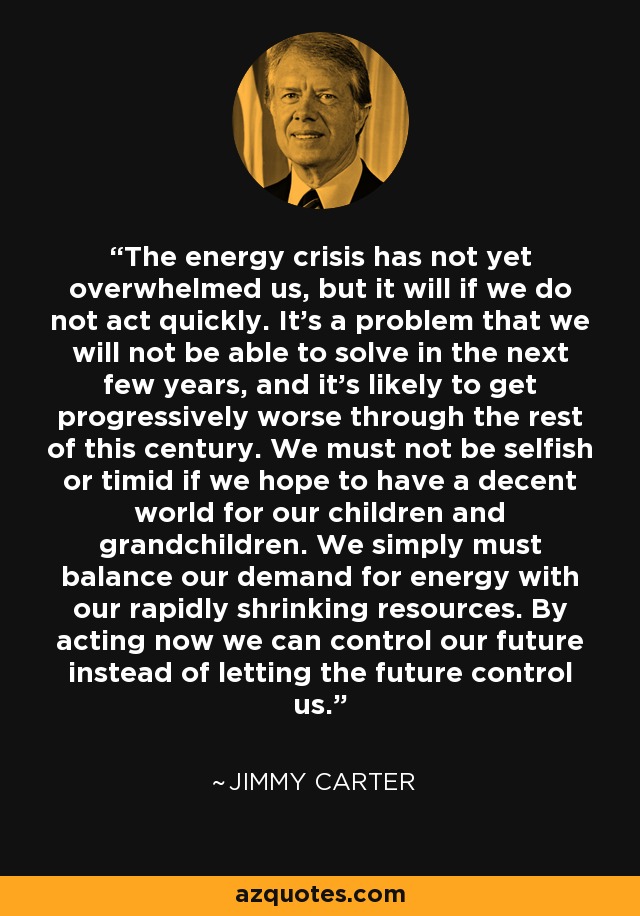
Burning fossil fuels produces energy by converting chemical energy into heat energy. This heat energy converts to kinetic energy. It is used to drive turbines. Then, electrical energy is produced. This is a great way to reduce fossil fuels consumption in your home or workplace. But you need to understand the environmental consequences of burning fossil fuels. You must find alternative fuels if you want to get the most out of renewable energy sources.
Alternatives to fossil fuels
Fossil fuels remain the principal source of global energy. However, the industry's contribution to climate change is significant. Additionally, the world's fossil fuel resources are finite. Soon, they will all run out. Humanity will need other sources of sustainable energy. Solar energy is one promising option. These panels are capable of producing electricity even in low-light environments. Solar energy could be a major source of energy in the future.

Another renewable energy resource is hydropower. Hydropower makes electricity using natural energy that is generated by the flow of water. It was one among the earliest forms of energy generation, but it declined in popularity as fossil fuels were more widespread. Hydropower is an environmentally friendly, renewable energy source that contributes to flood control as well as irrigation. You can use it anywhere there is water flow. It is also an alternative energy source that can be afforded.
Pollution caused by burning fossil fuels
Despite the urgent need for energy within industrialized nations, the consumption of fossil fuels can have devastating social, economic and environmental consequences. Fossil fuels are a source of harmful emissions that cause global warming and water pollution. Also, burning fossil fuels could deplete natural resources. These emissions are harmful to the environment and can lead to air pollution. So, it is crucial to reduce emissions and conserve natural resources.
Global warming is caused primarily by carbon dioxide from fossil fuel burning. The carbon dioxide produced by burning fossil fuels traps more heat in the atmosphere through the greenhouse effect. This, in turn, contributes towards the rise of sea level, changing climates, scarcity of food resources, and scarcity. While natural gas is the purest fossil fuel, it is still a significant contributor to global climate change.
Fossil fuels' environmental impact
Climate change is a long-term consequence of humans using fossil fuels. Carbon emissions are caused by the burning of fossil fuels. The atmosphere is exposed to 33 billion tonnes annually of carbon dioxide, mostly from the combustion of fossil fuels like coal, oil, and natural gases. The carbon in fossil fuels reacts with the oxygen in the air to form CO2, which acts as a blanket that warms the Earth. Warming the Earth will have many adverse effects, including extreme weather and rising sea levels.

Another problem that results from fossil fuel burning is air pollution. This pollution can have a negative impact on the health of both humans and animals, but it is particularly harmful for children. The toxic sulfur dioxide from fossil fuels has been linked with a number of health problems, including cancer and cardiovascular disease. As sulfur dioxide dissolves into water, it forms sulfuric acid, which reacts with other gases in the air, causing acid rain. Acid rain has a negative impact on crops, increasing the acidity of soil.